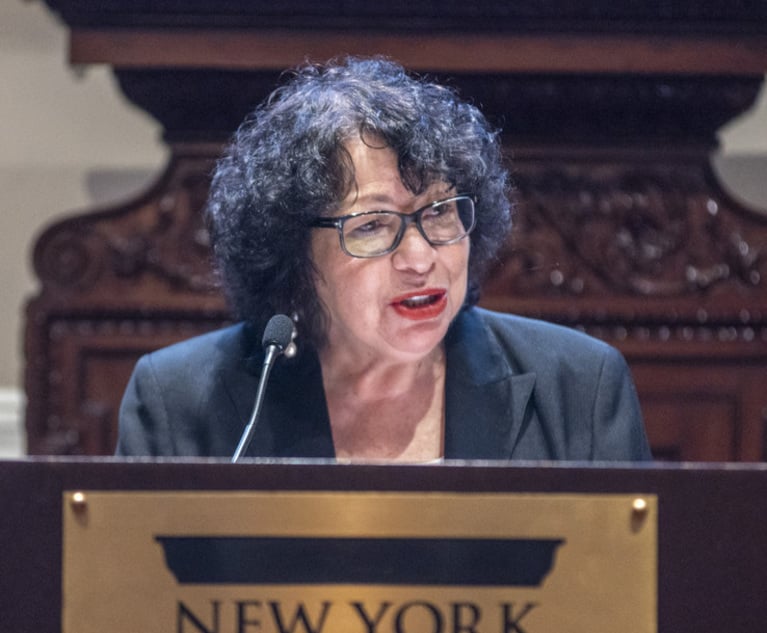 Imagine that a boss prepares a materially false statement and directs her employee (who knows the statement is false) to email it to investors. Is the employee liable as a “primary violator” under the securities laws, or does her conduct constitute at most secondary liability, i.e., aiding and abetting securities fraud? The U.S. Supreme Court held oral argument on Dec. 3, 2018 in Lorenzo v. SEC to answer that question and resolve an apparent Circuit split.
Imagine that a boss prepares a materially false statement and directs her employee (who knows the statement is false) to email it to investors. Is the employee liable as a “primary violator” under the securities laws, or does her conduct constitute at most secondary liability, i.e., aiding and abetting securities fraud? The U.S. Supreme Court held oral argument on Dec. 3, 2018 in Lorenzo v. SEC to answer that question and resolve an apparent Circuit split.
Relevant Facts
Francis Lorenzo was the director of investment banking at a registered broker-dealer. Lorenzo’s client issued an amended Form 8-K devaluing its intangible assets from $10 million to zero. Two weeks later, Lorenzo emailed potential investors “several key points” about the client’s debenture offering, but omitted information about the devaluation, and instead stated that the offering came with “layers of protection,” including “over $10 mm in confirmed assets.”






